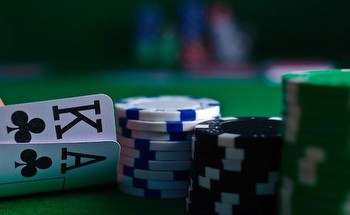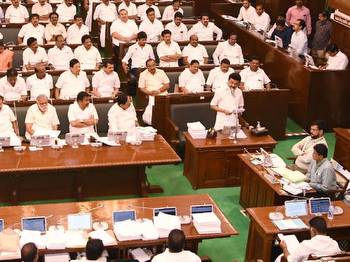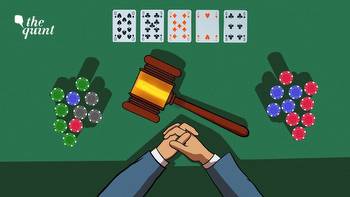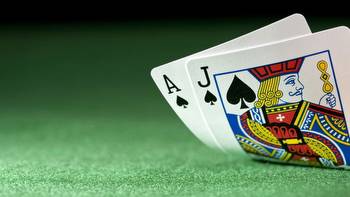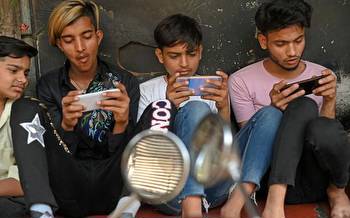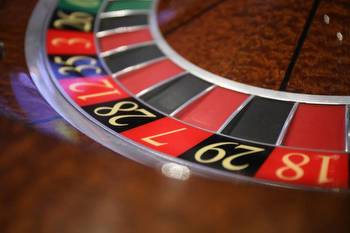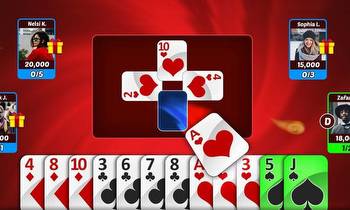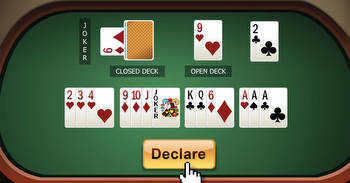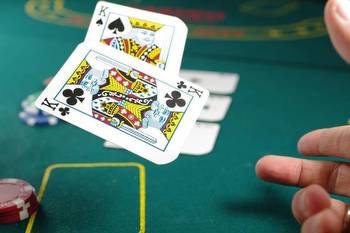The Long Term Effects of Gambling in India

According to the Oxford Dictionary, gambling is "the activity of playing games of chance for money and of betting on horses, etc." However, India's relationship with gambling or gaming is as ancient as it is convoluted, starting from mythology and continuing with modern law.
Before promulgating the Constitution of India, gambling in India was controlled by the Public Gambling Act of 1857. The Public Gambling Act of 1857 presumably emanated from the Gaming Act of 1845 and the Betting Act of 1853, enacted by the Parliament of the United Kingdom. Before independence, horse racing in India was permitted in the Bombay Presidency under the Bombay Race-Courses Licensing Law 1912. Likewise, in the Bengal Presidency, Act VIII of 1867 authorized subscription, prizes, and staking on horse races.
After the Constitution of India came into being in 1950, gaming issues were divided. Betting and gambling were itemized under Entry 34 of the State List (i.e., List II of the Seventh Schedule), which gave state legislatures the power to enact laws pertaining to betting and gambling. Lotteries are mentioned in Entry 40, List 1 of the Union List, giving the Indian Parliament the right to make laws about lotteries. Additionally, under Entry 62 of the State List, state legislatures have the power to make laws about the taxation of betting and gambling.
After the enactment of the Constitution, most states embraced the principles of the Public Gambling Act of 1857 with some amendments, with each state enacting its own gambling laws.
Gambling is an activity that people all across the world indulge in. But as we have already seen, Indians seem to have a profound connection with the activity. Some gamble for the thrill of it, while others do it for the spirit of competition. Many are attracted to gambling due to the substantial cash prizes involved, while others see it as a recreational activity that helps them relieve stress.
In the last few years, due to the easy availability of smartphones and internet access, online games and casinos have rapidly increased. Online games can be played for stakes, and this, in turn, has led to an increase in gambling activities. Whatever the reason for gambling, it eventually has some effect on us.
Gambling can lead to many problems, and addiction can happen to anyone. It is impossible to predict who will develop a gambling addiction. When an individual's gambling cravings go out of control, it becomes a massive problem since it interferes with their finances, relationships, and the workplace. The worst part is that the gambler may not even realize they have an addiction.
Many have often compared the feeling of gambling to consuming alcohol or taking drugs. Gambling behaviour affects a person’s mood and state of mind. As the gambler gets used to the "high" that gambling gives, they repeatedly try to achieve the same effect. In some instances, they “chase” their losses, thinking they will win back lost money if they continue to gamble. As the desire increases in intensity and frequency, the power to contain the urge to gamble is weakened. This can have a psychological, personal, biological, social, or professional effect.
When you think of the effects of gambling, a few things come to mind, like monetary concerns, relationship problems, and other serious issues. But you might not be aware of the emotional impacts of gambling, which gamblers often experience irrespective of how frequently they play. These effects are initially minor but can quickly build up to massive proportions, leading to stress and anxiety.
Emotions run high when gambling. In addition to the adrenaline rush of winning, gambling provides an ambience for socializing with other gamblers and the familiarity of a routine of some downtime. These feelings are often accompanied by other emotions like stress, regret, and a little guilt, which most people feel at some point, even if only briefly. From there, it's a downward slide. Gamblers are often short-tempered, easily annoyed, or simply stressed.
Severe stress and anxiety can lead to depression. Gamblers often isolate themselves from their friends and families due to overwhelming shame or humiliation. When gamblers suffer heavy losses, they sometimes also resort to suicide.
Gambling can also have a negative impact on an individual's professional life. Gamblers often tend to lose interest in anything but gambling. They can miss important deadlines or simply stop showing up for work.








